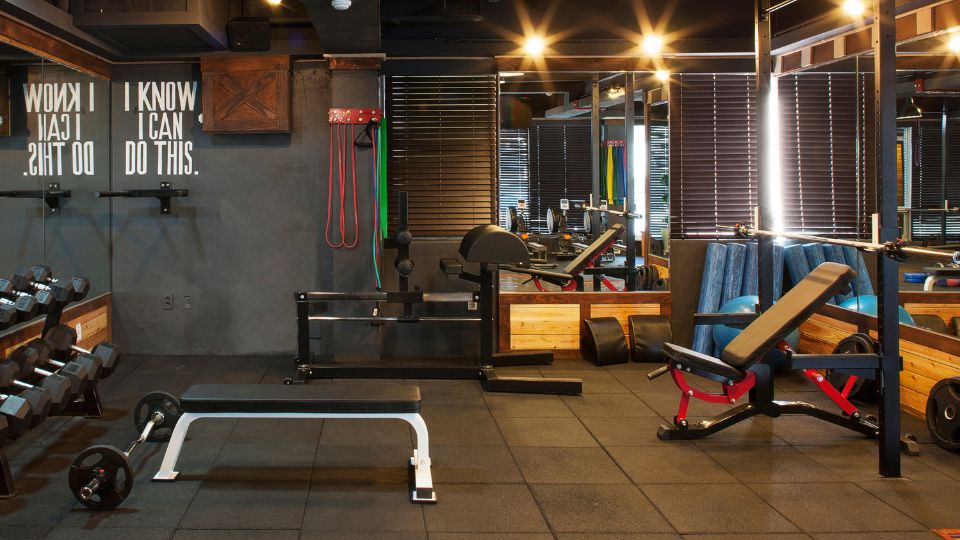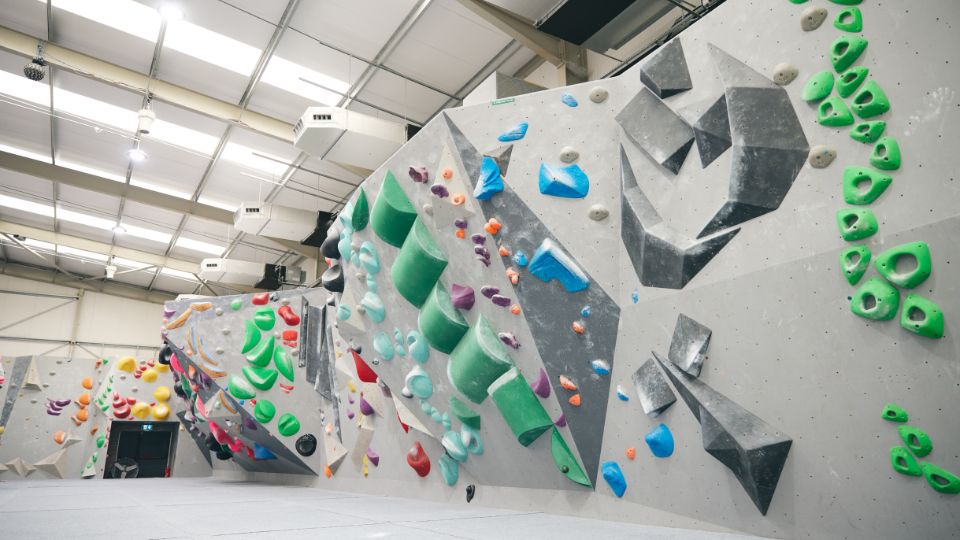
This guide will cover the types of waste your Leisure Centre produces, the necessary bins required, how to arrange for waste collections, tips to reduce waste, what relevant UK environmental legislation you need to be aware of, and strategies to ensure proper waste separation by employees and customers.
Table of Contents:
- Types of Waste Leisure Centre’s Tend to Produce
- Bins Required For Leisure Centres
- How To Arrange For Commercial Waste Collections at Your Leisure Centre
- Tips to Reduce Waste at Lesire Centres
- UK Environmental Legislation Leisure Centres Should Be Aware Of
- How To Make Sure Waste Is Separated Properly
- Additional Tips For Good Waste Management In Leisure Centres
- Conclusion
Types of Waste Leisure Centre’s Tend to Produce
Leisure centres produce a variety of waste, which can be broadly categorised as:
- General Waste – Non-recyclable waste such as food wrappers, plastic bags, and non-recyclable packaging.
- Recyclable Waste – Includes paper, cardboard, metal cans, and certain plastics.
- Food Waste – From cafes or snack bars.
- Glass Waste – From bottled beverages sold at cafes or snack bars.
- Hazardous Waste – Chemicals from pool maintenance, and cleaning products.
- Electronic Waste (E-Waste) – Old electronics, gym equipment, and light bulbs.
- Clinical/Medical Waste – First aid supplies and other health-related waste.
- Sanitary Waste – From toilets and changing rooms.
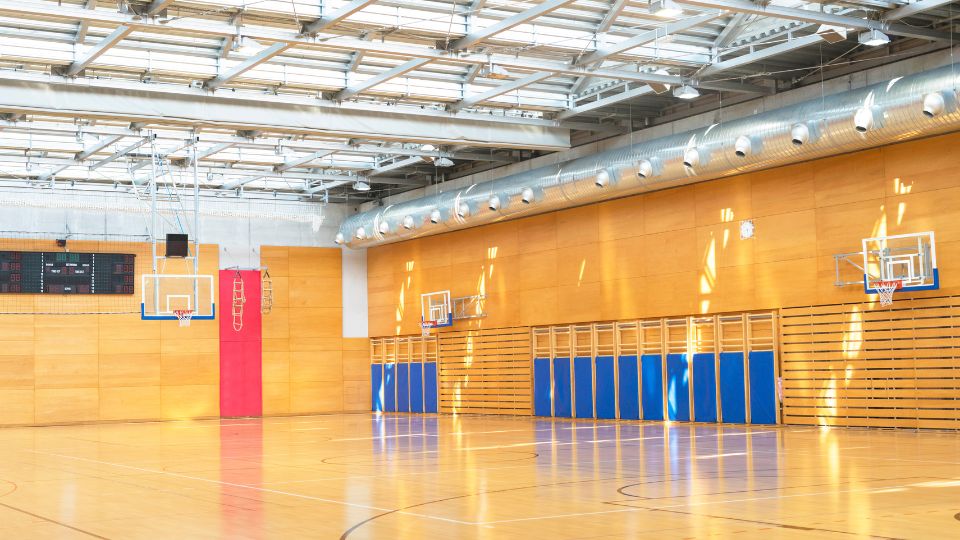
Bins Required For Leisure Centres
Leisure centres typically need the following wheelie bins:
- Dry Mixed Recycling Bins (240L, 660L, or 1100L)
- Food Waste Bins (240L)
- Hazardous Waste Containers (240L)
- Clinical Waste Bins (240L)
Depending on the size of your leisure centre and the amount of waste you generate, you may need multiple wheelie bins for each waste type.
How To Arrange For Commercial Waste Collections at Your Leisure Centre
To arrange for waste collections:
- It all starts with getting a quote from a reputable waste management service.
- Their team will then call you to discuss key information that determines your quote such as what kind of business you are, where your business is located, what kind of waste you generate, how much waste you generate etc.
- The team will be able to advise on the best and most cost-effective solution for your requirements even if you’re unsure, they can help guide you and answer any questions you may have.
- You will then be given a price for your waste management services and a contract will be sent. After completing your contract your bins will be delivered to your business site ready for you to use.
- Your waste collector will then be round to empty your bins on your scheduled collection days and take care of any environmental documentation. It really is that simple.
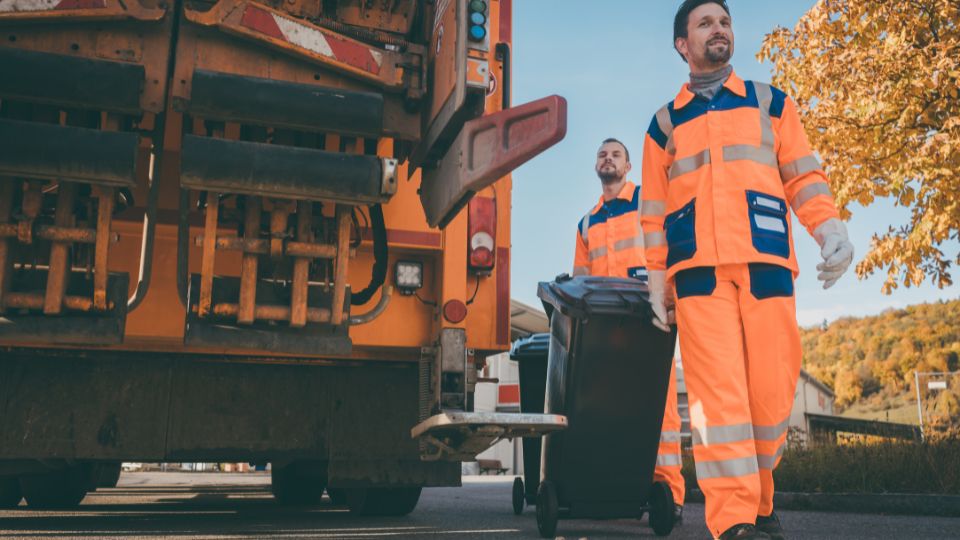
Tips to Reduce Waste at Lesire Centres
- Implement Recycling Programs: Educate staff and customers on the importance of recycling and provide easily accessible recycling bins around your leisure centre.
- Reduce Single-Use Plastics: Use reusable or biodegradable alternatives in cafes and snack bars.
- Optimise Inventory: Reduce food waste by better inventory management in cafes.
- Promote Digital Transactions: Minimise paper use by opting for digital receipts and communications.
- Repair and Reuse: Maintain gym equipment to extend its lifespan and consider repairing instead of replacing it.
UK Environmental Legislation Leisure Centres Should Be Aware Of
Leisure centres must comply with several pieces of UK environmental legislation:
- Environmental Protection Act 1990: Governs the management of waste to prevent harm to the environment.
- Waste (England and Wales) Regulations 2011: Requires businesses to segregate waste where possible.
- Hazardous Waste Regulations 2005: Sets out requirements for the storage, handling, and disposal of hazardous waste.
- WEEE Regulations 2013: Deals with the disposal and recycling of electronic waste.
- Control of Substances Hazardous to Health (COSHH) Regulations 2002: Ensures safe storage and use of hazardous substances.
How To Make Sure Waste Is Separated Properly
- Staff Training: Regularly train staff on waste separation and the importance of compliance with waste management policies.
- Clear Signage: Use clear and concise signage on bins to indicate what type of waste goes where.
- Customer Education: Provide information to customers on the centre’s recycling policies through posters, flyers, or digital displays.
- Monitoring and Feedback: Regularly monitor waste separation practices and provide feedback to staff and customers.
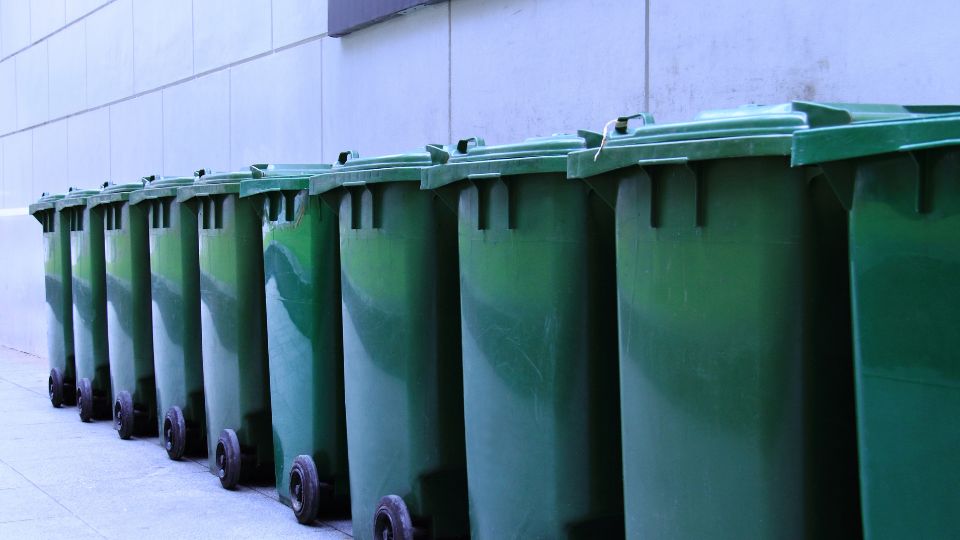
Additional Tips For Good Waste Management In Leisure Centres
- Conduct Waste Audits: Periodically audit your waste to identify areas for improvement.
- Partnerships with Recycling Companies: Collaborate with recycling companies to ensure waste is processed correctly.
- Incentivise Recycling: Offer incentives to staff and customers for good recycling practices.
- Stay Updated on Legislation: Keep up-to-date with changes in waste management regulations to ensure ongoing compliance.
- Promote Sustainability: Integrate sustainability into your business ethos and promote it through various channels.
Conclusion
Using the right bins, arranging for timely collections, reducing waste, complying with UK environmental legislation, and ensuring proper waste separation are incredibly important for Leisure Centre businesses. By following this guide, you can boost your centre’s sustainability, reduce costs, and ensure you’re being compliant with UK waste legislation.

